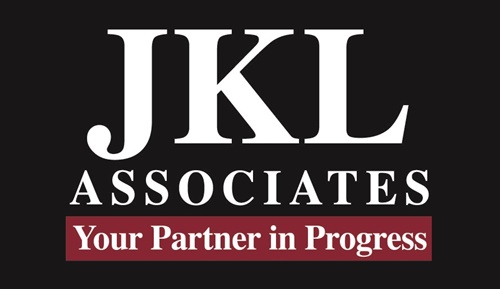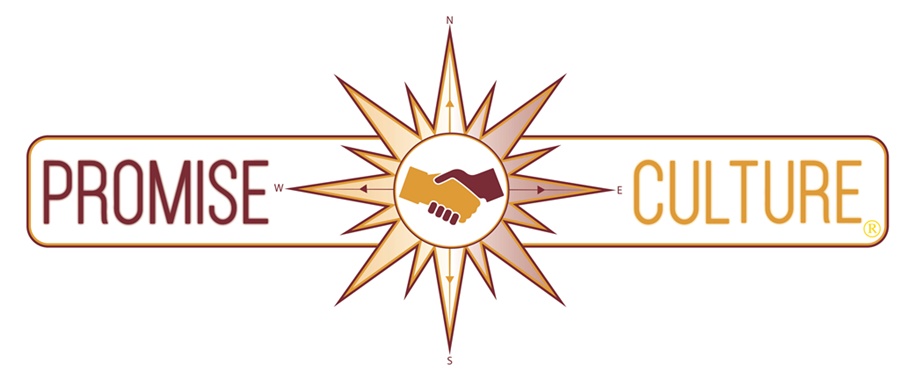When a customer, employee, or vendor conducts a transaction with your business, they arrive with a predefined set of expectations about how that event will occur. These expectations are shaped by any number of prior experiences they might have had, either with your business or other businesses or people interactions. They can even be things totally out of both your and their control, such as the weather or personal items going on in their lives.
This very dynamic and constantly evolving state of the individual can cause challenges for your business if there is no framework or boundaries by which your team and your customers/vendors are aware of, understand, and appreciate. Because every one of us has had both excellent and poor experiences in different situations and has been on our unique journey through life, all of these variables play into the individual’s baseline expectations.
For example, when you travel and consider the accommodations you will use during your stay, you begin to mentally craft your expectations of the forthcoming experience. Again, many factors come into play as you make your choices. Some hotels offer five-star experiences with lots of pampering; others provide a hopefully clean, safe bed to sleep in. If you select the basic accommodation, the pampering is almost non-existent. You may be greeted by the front desk person with a smile and a room key, and that is the extent of the intersection of the expectations and the actual experience. You might not expect anything more. On the other hand, you select an upscale resort, and upon your arrival, you are met at the curb. Your door is opened for you, and your accommodation is already taken care of, so you are whisked away to a complimentary beverage of choice, etc.
Oddly enough, each of these situations can clash at the intersection of expectations and experience based on the mix of business, customer, employee, or vendor states of mind. The state of mind is under the influence of the dynamics of the moment and all past experiences to date. An individual arriving at the basic accommodation who is not just greeted with a smile but is also provided with a welcome gift of a bottle of water and a snack may have just surpassed their anticipated intersection of expectations and experience. Additionally, the person who selects the fancier accommodation and is unsure what the experience is could have a more frightening experience because they don’t like all the fuss about them. The same individual can have an over-the-top experience at the basic accommodation and maybe only rate the top-end accommodation as a 4 out of 5-star experience, not because the location was terrible, but because their experience was not what they desired.
As you can tell, hotels have numerous chains in their portfolio to attempt to accommodate the various anticipated expectations of their guests. Marriot and Hilton have 30 and 18 hotel brands, respectively, plus both have timeshare and other accommodation services. Other chains also have many different brands to meet guest expectations and desired experiences.
This week, consider how your organization frames the intersection of expectations and experience. This applies not just to customers but equally to all the other interaction points in growing your business—team members, vendors, community, etc.
JKL Associates’ “Promise Culture” approach to growth incorporates and assists you in defining the framework to navigate the intersection of Expectations and Experience. Your investment in a call to speak to a Promise Guide might just be something that exceeds your expectations. Call us at FL (407) 98407246 or MI (313) 527-7945.
COPYRIGHT – JKL ASSOCIATES 2025
QUESTIONS OR COMMENTS – EMAIL US AT PARTNERS@JKLASSOCIATES.COM OR CALL OUR OFFICES – MI AT (313) 527-7945 FL AT (407) 984-7246
Celebrating 30 years of Delivering on “Promises”




